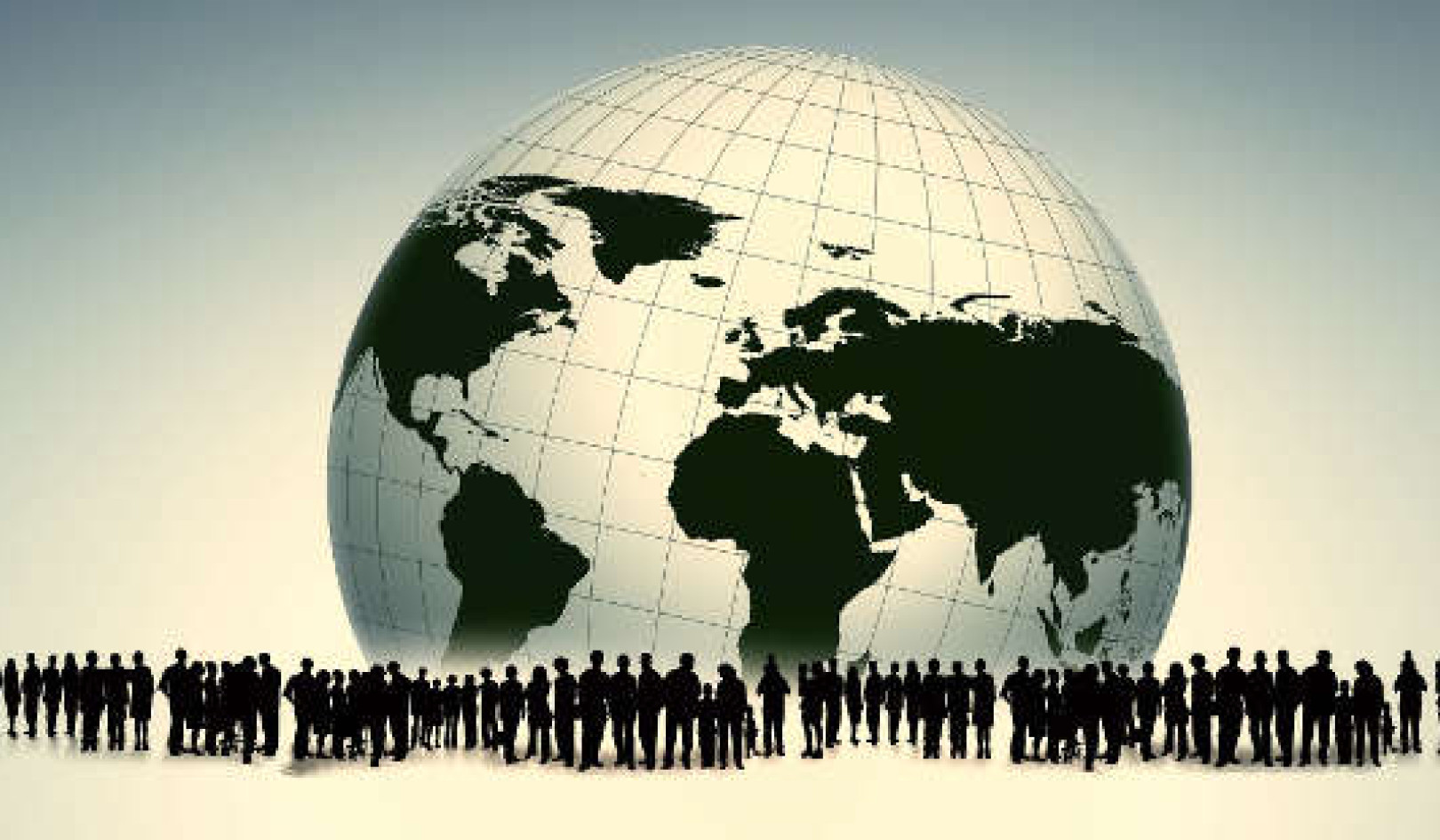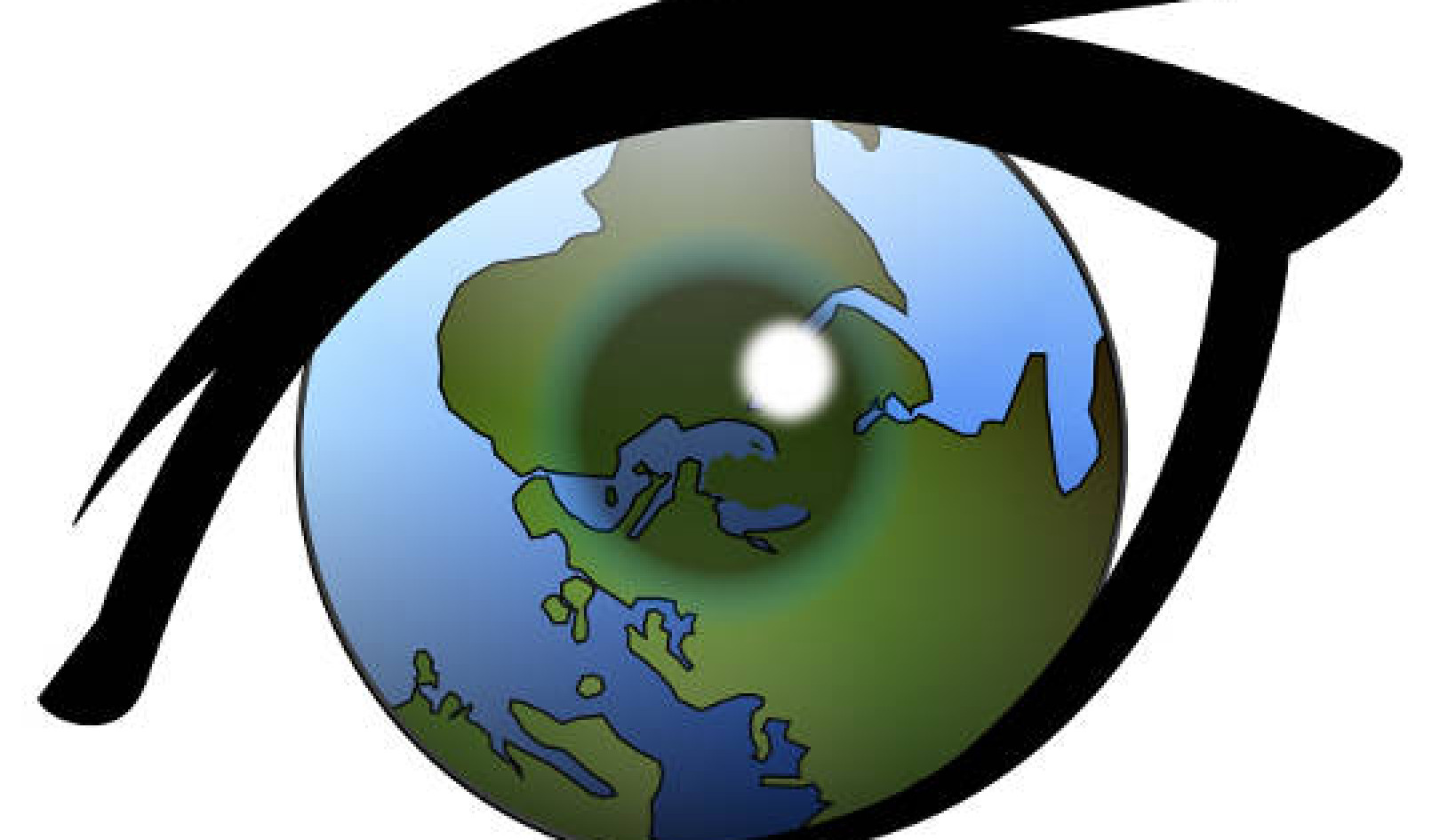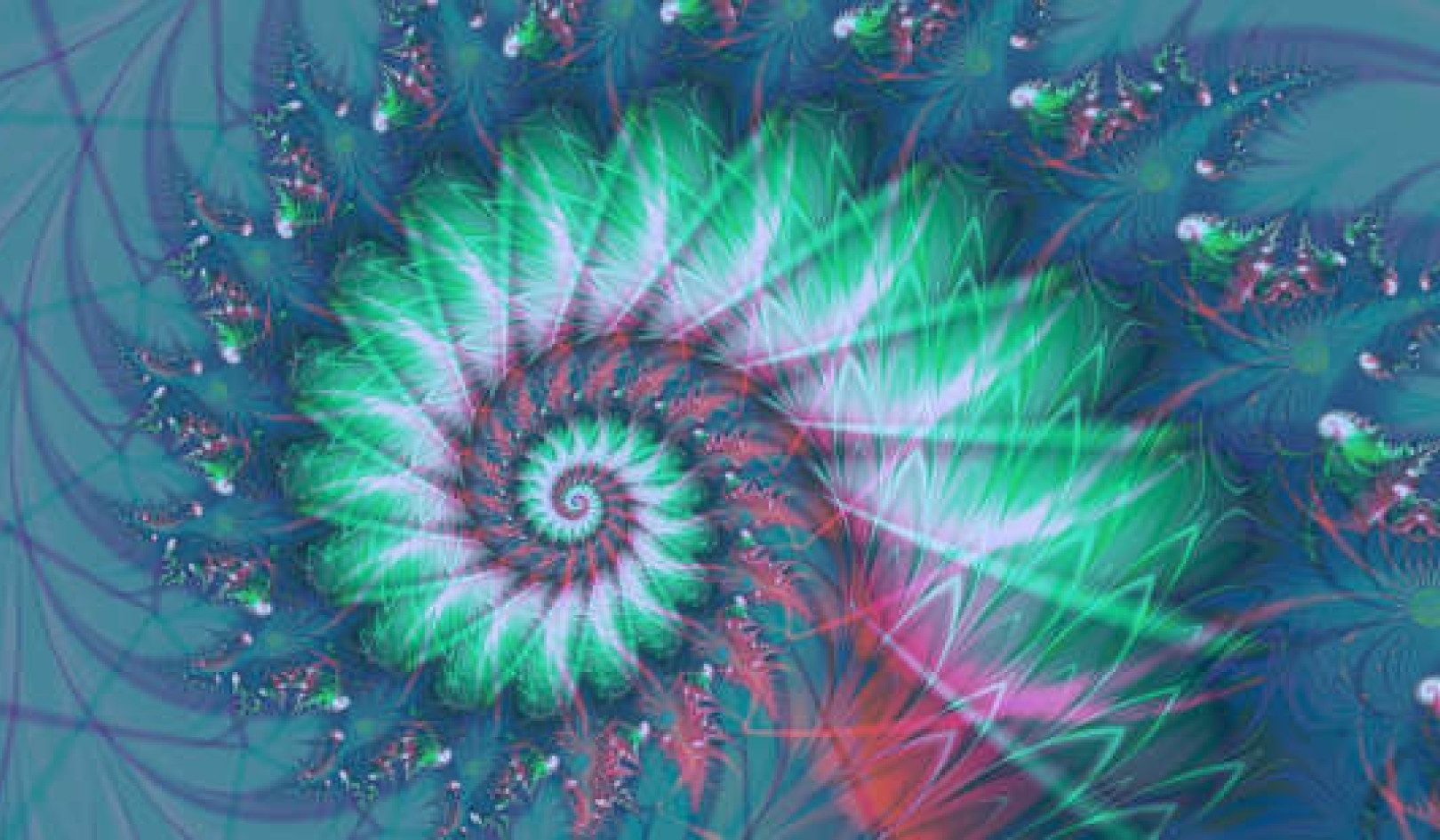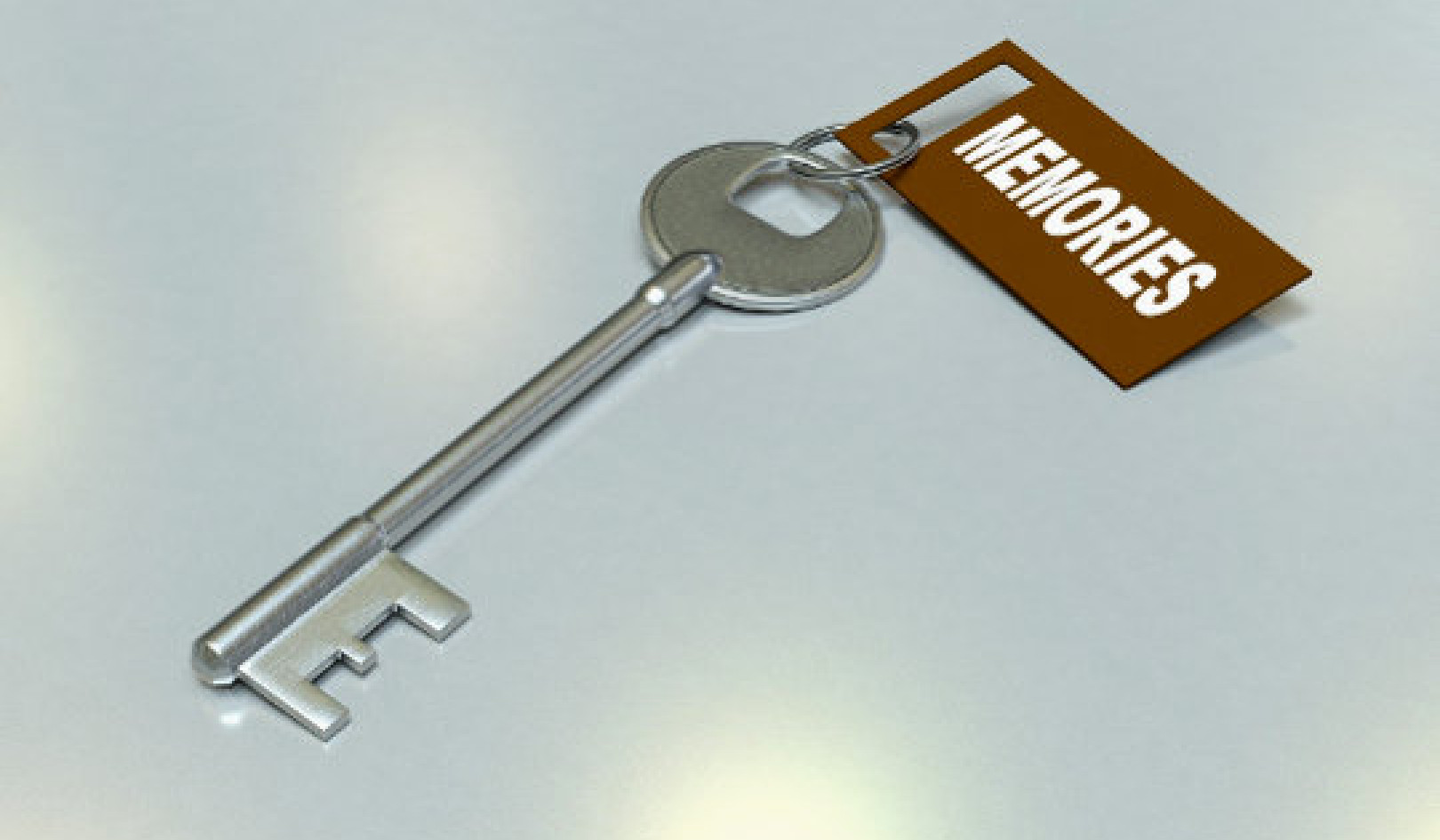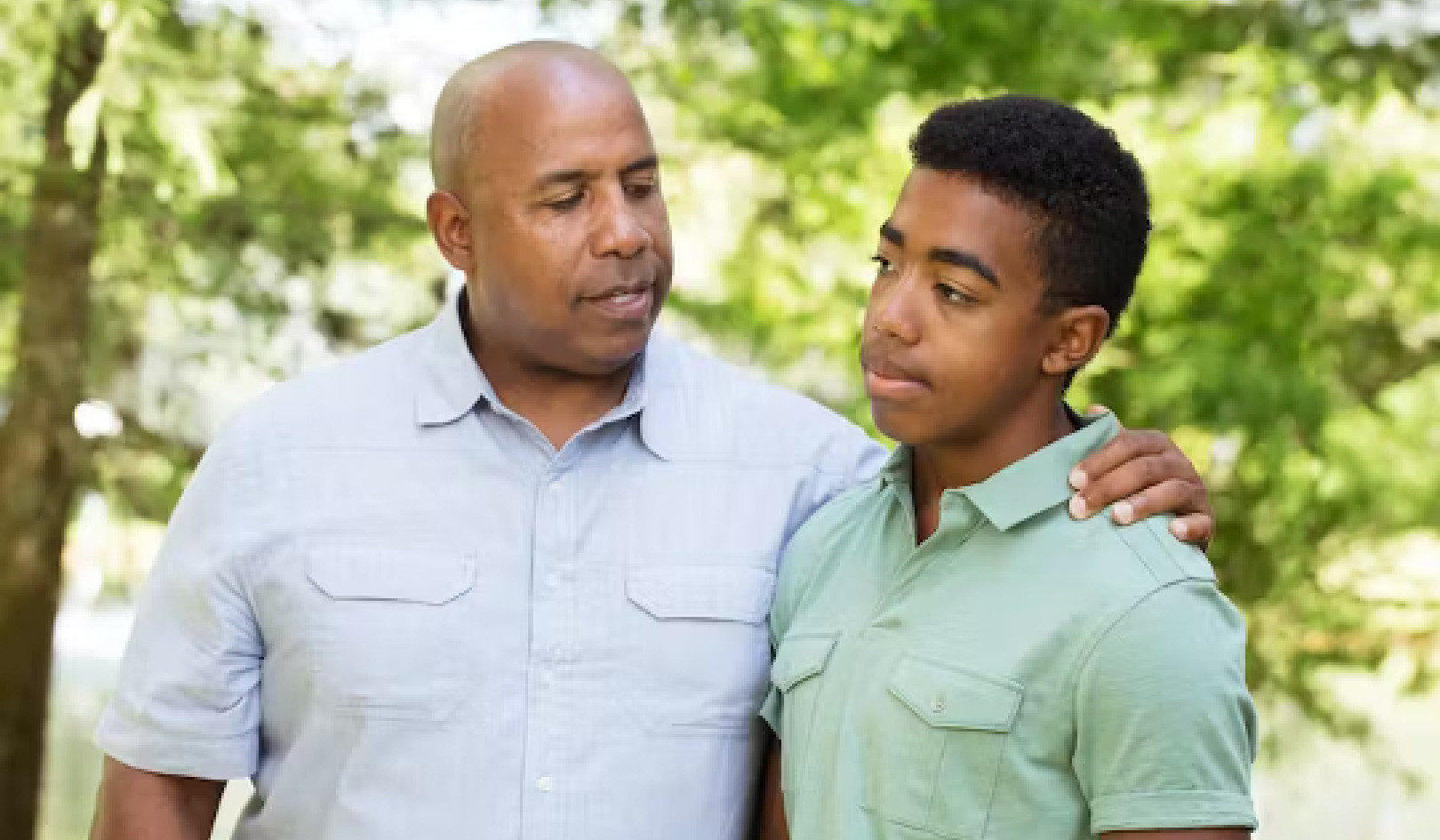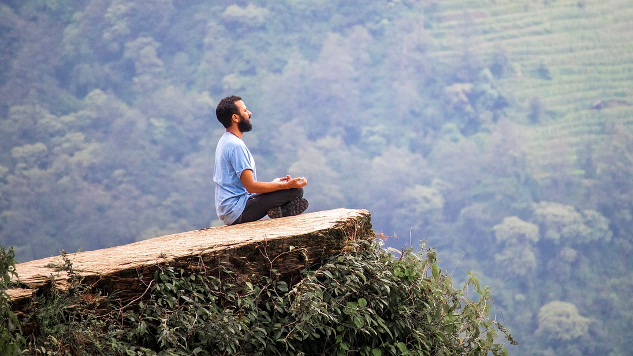
Image by Anup Panthi
“Our task must be to free ourselves by widening our circle of compassion to embrace all living creatures and the whole of nature and its beauty.” -- ALBERT EINSTEIN
Compassion is an offshoot of love. Where compassion is, fear cannot be. Just as gratitude is the opposite of resentment, bitterness, and fear, compassion and judgment are also opposites. Compassion expands our energy, whereas judgment contracts it. Compassion is gentle and forgiving. Judgment and fear are harsh and unforgiving. When we reside in compassion, we see errors, not sin.
When we are in a situation where someone is abusing power, we need to extricate ourselves if possible, but we also need to stay in compassion as we don't know what has led that person or group to this point. Staying in compassion is holding our power that no one can take from us. Thich Nhat Hanh said, "Anyone who is practicing understanding and compassion can exemplify true power. Anyone can be a Buddha."
We're All In This Together
Compassion helps us to see that we are all in this together. Thomas Merton, who was a Christian theologian, Trappist monk, and acclaimed author, put it beautifully when he stated, “The whole idea of compassion is based on a keen awareness of the interdependence of all these living beings, which are all part of one another, and all involved in one another.”
Nelson Mandela, who could have fallen into non-compassion towards those who imprisoned him, said, “Our human compassion binds us the one to the other — not in pity or patronizingly, but as human beings who have learnt how to turn our common suffering into hope for the future.” Compassion is a central leg of unity vision and the recognition that we are one.
Compassion Heals Judgment
Compassion is really putting ourselves in someone else’s shoes and knowing that we might take the same action if we had been through the same experiences. Also, if we were in their shoes, what would we want to have happen? We would not want to be judged. Having compassion on someone doesn’t mean that we condone the person’s actions or words. It simply means that we understand how and why they may have arrived at the point they have.
The vast majority are in self-judgment, and this is what we are being asked to recognize and heal. Self-compassion is the single greatest thing we can do for ourselves and is essential for any advancement we make in self-awareness.
Can we also have compassion on the adults who have conditioned or abused us, as they were acting from fear? They were acting from the conditioning which had been passed on to them, including abuse, self-judgment, prejudice, and fear.
If one of our family members such as our brother has an addiction problem, we would support and love him. We might be firm that he needs treatment, but we would not turn our back on him and we would extend compassion to him. This is how we need to look at everyone in the world who is operating from a space of unconsciousness and committing acts that are not in their best interest or the best interest of humanity. +
Everyone in the world is our brother and sister in as meaningful a way as a loved one in our biological family. We are one family in God and in each other. When we start to understand this, compassion will flow freely from us to those whom we previously judged and hated.
Compassion has been particularly hard for me, because I dealt with severe self-judgment. I really had to work hard to get myself in a space of compassion for others. Of course I knew that when I could not do that, I was not being compassionate with myself, as self-judgment and the lack of self-compassion are really the same. Again, look to see what you are projecting on the outside to see what’s going on with you on the inside.
If we are dealing with some type of emotional release or healing of trauma, the specifics of that release become almost irrelevant as self-compassion allows it to pass without any attachment. Self-compassion and acceptance that we are okay and exactly where we need to be, plus that God has us, are foundational to any type of healing and foundational to being a conscious human being.
The Adversities of Life
Life is holy and wondrous, and it’s also hard at times. Some of this adversity relates to our process of coming into a recognition of our greater self, especially when we resist, and some of it is just part of life, as when a loved one becomes sick or dies, we are laid off from our job, or the world appears to be falling apart. Through it all, most people are hard on themselves and bump up against their own false beliefs about what they should or should not be doing, thinking, saying, or feeling. We are very complicated.
So this process of coming into a recognition of our greater self is one of great friction and difficulty, and then we add in the “random” life stuff that comes our way. But the difficult times teach us what we are made of and often we surprise ourselves. We are like a diamond that has been formed through great pressure and even then, in its rough shape, it needs to be polished. You can only polish a diamond with a super hard surface, which mirrors the friction life provides us with.
Because life has adversity and we have the ability to make choices that align with our divinity, this experience on Earth is greatly valued at a spirit level as it’s unique versus heaven where love and unity abound. As Jesus told us, we want to recognize the heaven within this Earth experience, the love and unity that is behind appearances, even when we are undergoing difficult circumstances.
Actively Practicing Compassion
Self-compassion takes the edge off whatever we are going through. It eliminates self-judgment, which is harsh, and it moves us into a gentle and forgiving attitude. Forgiveness and self-compassion go hand in hand. When we can have compassion for ourselves, we will have compassion for others — and vice versa.
We have to actively practice compassion as for most people, especially men, this does not come naturally. This is because we reside in a judging mind instead of the heart where compassion resides. The Dalai Lama captures this in one of my favorite quotes: “If you want others to be happy, practice compassion. If you want to be happy, practice compassion.” Before we have a significant conversation with someone, ask how we can come from the most compassionate space possible.
Regardless of the circumstances, we can stay in compassion and love, rather than fear. This is the power that each of us holds and that no one can take away from us. It will change our life if we stay in compassion and live from an open heart at all times.
Copyright 2020. All Rights Reserved.
Publisher : One-Hearted Publishing.
Article Source: A Book on Fear
A Book On Fear: Feeling Safe In A Challenging World
by Lawrence Doochin
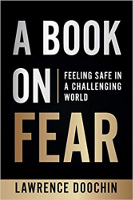 Even if everyone around us is in fear, this doesn't have to be our personal experience. We are meant to live in joy, not in fear. By taking us on a treetop journey through quantum physics, psychology, philosophy, spirituality, and more, A Book On Fear gives us tools and awareness to see where our fear comes from. When we see how our belief systems were created, how they limit us, and what we have become attached to that creates fear, we will come to know ourselves at a deeper level. Then we can make different choices to transform our fears. The end of each chapter includes a suggested simple exercise that can be done quickly but that will shift the reader into an immediate higher state of awareness about that chapter’s topic.
Even if everyone around us is in fear, this doesn't have to be our personal experience. We are meant to live in joy, not in fear. By taking us on a treetop journey through quantum physics, psychology, philosophy, spirituality, and more, A Book On Fear gives us tools and awareness to see where our fear comes from. When we see how our belief systems were created, how they limit us, and what we have become attached to that creates fear, we will come to know ourselves at a deeper level. Then we can make different choices to transform our fears. The end of each chapter includes a suggested simple exercise that can be done quickly but that will shift the reader into an immediate higher state of awareness about that chapter’s topic.
For more info and/or to order this book, click here.
More books by this Author.
About the Author
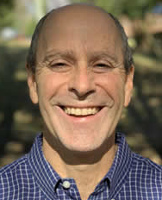 Lawrence Doochin is an author, entrepreneur, and devoted husband and father. A survivor of harrowing childhood sexual abuse, he traveled a long journey of emotional and spiritual healing and developed an in-depth understanding of how our beliefs create our reality. In the business world, he has worked for, or been associated with, enterprises from small startups to multinational corporations. He is the cofounder of HUSO sound therapy, which delivers powerful healing benefits to individual and professionals worldwide. In everything Lawrence does, he strives to serve a higher good.
Lawrence Doochin is an author, entrepreneur, and devoted husband and father. A survivor of harrowing childhood sexual abuse, he traveled a long journey of emotional and spiritual healing and developed an in-depth understanding of how our beliefs create our reality. In the business world, he has worked for, or been associated with, enterprises from small startups to multinational corporations. He is the cofounder of HUSO sound therapy, which delivers powerful healing benefits to individual and professionals worldwide. In everything Lawrence does, he strives to serve a higher good.
Visit his website at LawrenceDoochin.com.























